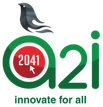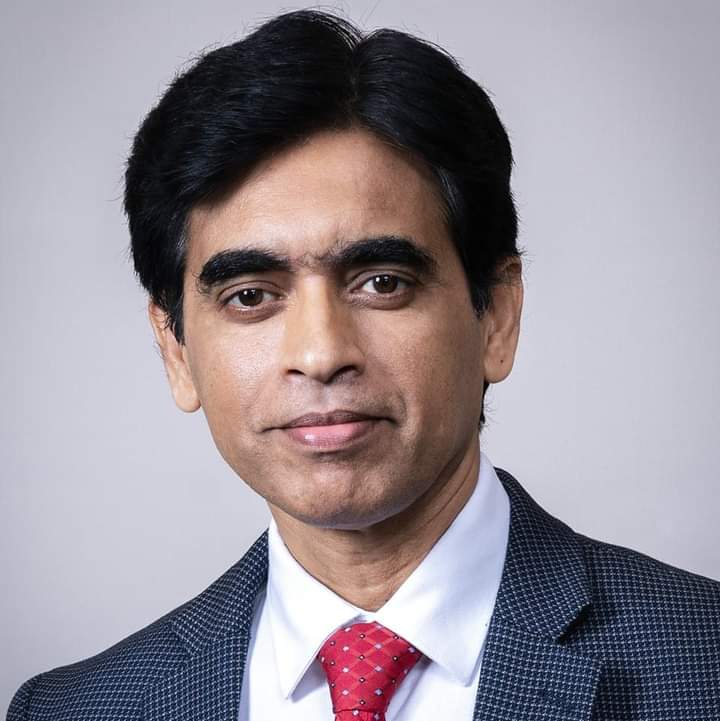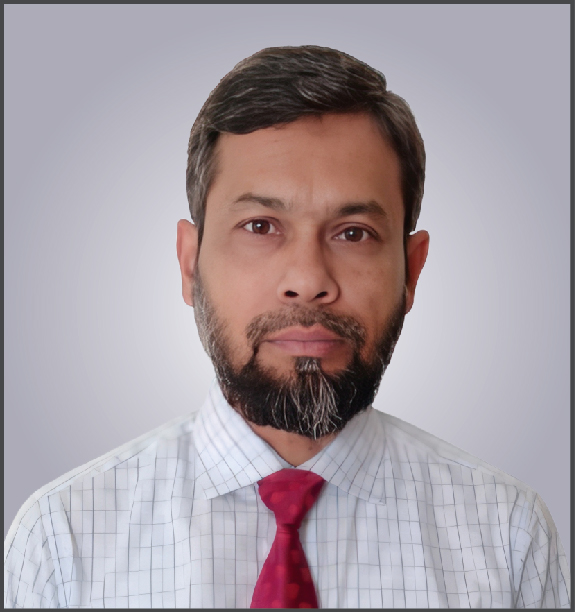Digital Product Management-1
|
Nothi |
The D-Nothi Implementation team at a2i is revolutionizing the government’s decision-making process by ensuring faster and more efficient service delivery through digital governance. D-Nothi enables seamless documentation management across 15,000+ offices, reducing delays and enhancing efficiency, transparency, and accountability. By integrating AI, OCR, Speech-to-Text (STT), and Digital Signature technologies, D-Nothi empowers a paperless administration, ensuring citizens receive quicker and more effective services. With 250+ million files processed, D-Nothi strengthens governance and accelerates citizen-centric service delivery. Its stakeholders include government organizations, policymakers, and service providers, collectively driving Bangladesh’s digital transformation and sustainable development.
|
|
My Gov |
|
|
SPS |
|
|
Report Management System |
|
|
Capacity Development |
|
|
Digital Health Accelerator |
The Digital Health Accelerator Team drives innovation to transform health services in Bangladesh. We harness technology and data-driven solutions to strengthen health systems, focusing on a digital health ecosystem, routine immunization, maternal and child health, and digital healthcare access. We accelerate scalable innovations, streamline health services, and ensure equitable access to healthcare for all in collaboration with the Ministry of Health and Family Welfare, NGOs/INGOs, and other development partners |
|
AI Chatbot |
Bangladesh is rapidly advancing its AI ecosystem through dynamic initiatives led by the ICT Division in collaboration with a2i, UNESCO, and UNDP, with a strong focus on innovation, ethics, and inclusivity. A draft of the National AI Policy 2024 has been developed, emphasizing equality, data privacy, and inclusive growth, while addressing the ethical and societal implications of AI across key sectors such as education, healthcare, and governance. Sector-specific AI guidelines are underway, beginning with “Education, Skills, and Employment,” in alignment with global standards and future collaborations planned with the World Economic Forum and UNESCO. Using UNESCO’s AI Readiness Assessment Methodology (RAM), a comprehensive evaluation of the legal, social, economic, educational, and infrastructural landscape has been conducted, offering actionable recommendations for ethical AI adoption. Public awareness campaigns and AI education initiatives are being implemented in partnership with diverse platforms to integrate AI into school and university curricula. Multiple stakeholder consultations involving policymakers, academia, industry experts, civil society, and marginalized communities have been held to ensure inclusive and participatory AI governance. To promote cultural and linguistic inclusivity, localized AI datasets in Bengali and indigenous languages are under development, alongside plans to establish dedicated AI research institutions. Additionally, international webinars and knowledge-sharing sessions are bridging global best practices with local innovation. These efforts reflect Bangladesh’s strong commitment to leveraging AI for sustainable development, narrowing the digital divide, and fostering ethical, inclusive, and responsible AI governance. Bangla |
|
My Constituency |
|
|
Digital Centre |
To decentralize the delivery of public services and take them to the doorsteps of millions of citizens requiring travel of great distances, incur high cost and endure the considerable hassle of accessing services, a2i with technical assistance from UNDP, established 9,500 one-stop service delivery outlets known as Digital Centres. It has been operated in different layers of the government, such as – • Union Councils (Union Parishad) – the lowest tier of Bangladesh government; • Pourashaba Digital Centre (PDC) was established at the municipality level and City Corporation Digital centre (CDC) at the city corporation ward councilor office in the year 2013. • Upazila Digital Centre (UPDC) was established at the Upazila level in the year 2014. • 6 Specialized Digital Centres (SDC) were launched for the RMG workers and fisheries workers located at Gazipur and Khulna in the year of 2018. • Expatriate Digital Centre (EDC) was launched for migrant Bangladeshi people in Saudi Arabia in the year of 2018. • EkSheba Digital Centre was launched for specialized areas of Bangladesh in the year of 2020. • Village Digital centre/booth piloted in 300 Villages in collaboration with private organizations in the year 2023. |
|
eksheba uddokta |
a2i has developed an ‘ekSheba uddokta’ (www.uddokta.eksheba.gov.bd) platform for providing public-private services under one umbrella. Key features include – • Virtual one-stop-service platform of entrepreneurs for providing services (Government & Private); • 390+ (Government & Private) services integrated and increasing; • Real-time reporting about services provided by entrepreneurs; • Payment gateway; • Easy way to monitor the activities of the entrepreneurs by the administration |
|
Probashi Helpdesk |
a2i has introduced a comprehensive service delivery point named the ‘Expatriate Help Desk’ (EHD) embedded within its flagship program, Digital Centres. EHDs are designed to provide exclusive services and information for aspiring expatriates in Bangladesh. The initiative's goal is to simplify and facilitate the overseas migration process, serving as a one-stop point for all paperwork and services related to pre-immigration, file processing, application services, and information support. |
|
National Portal Framework |
|
|
333 |
|
|
E-Court |
e-Court Establishing a transparent, accountable, innovative and people-oriented judiciary Short Description The e-Court Framework is a platform for providing and receiving services, including judicial activities related to all General Certificate Courts, Executive Magistrate Courts, and Mobile Courts in the country, through the use of information technology. Key Focus Area General Certificate Courts (GCC), Executive Magistrate Courts (EMC) Mobile Courts (MC) Key Activities E-Court (General Certificate Court, Executive Magistrate Court and Mobile Court) systems development Analysis, Review & provide feedback on systems for development & enhancement Capacity Management and Knowledge Transfer System Maintenance and Support of all systems (in all Offices) Development of Mobile Application for e- court Platform (EMC, GCC & MC) Integration of Payment System, Voice to Text, Hearing & Others Capacity Development of e-Court (GCC, EMC & MC) Users through different Physical & Online Training Arrange different Physical & Online Workshop for the development of the systems Monitor Systems & Users performance through Dashboard, Reporting performance Coordinate with Cabinet Division and Districts focal for e-Court Implementation & Conduct Meeting with Stakeholders & so on |













